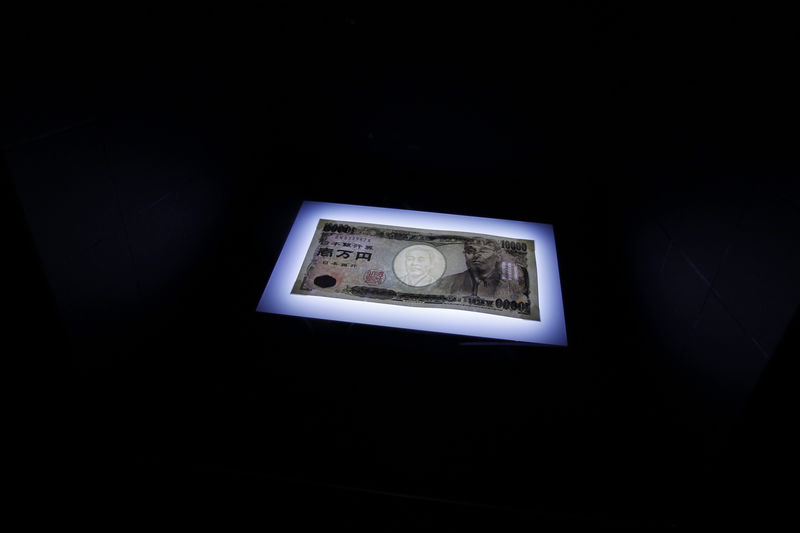(Bloomberg) -- Investors reflexively sought haven assets after reports that former Japanese Prime Minister Shinzo Abe collapsed amid the sound of gunshots at a political event Friday.
The yen gained with US Treasuries. Japan’s currency traded as much as 0.5% higher before paring gains to 135.75 per dollar while benchmark 10-year US yields dipped 2 basis points to 2.97%. Nikkei 225 futures in Osaka earlier erased an advance of as much as 1.4%.
Early reactions ranged from the implications of a possible shift in policy support for the central bank to expectations that any market impact would be temporary. Japan holds upper house elections on Sunday.
Here are a selection of comments from market participants:
Long-Term Impact
“This may have an impact on the in the medium to long-term, and the markets will see a considerable appreciation of the yen and a decline in stock prices,” said Tomoichiro Kubota, senior market analyst at Matsui Securities. “Abe had been supporting Bank of Japan Governor Kuroda; the Bank’s policy could change as they would lose its backing.”
“After all, the LDP has been strongly promoting the reflationary policies of Abenomics even after Prime Minister Kishida took over,” Kubota said. “If the political activity of the main person who has been putting in the most effort is down it will affect the policy at the moment”
Change for Japan
“Since Abe is probably more well known overseas than Kishida, reaction in currency markets maybe be bigger when London trading starts,” said Mari Iwashita, chief market economist at Daiwa Securities. “He has led Abenomics so there may be perception Japan will change.”
“There may be sympathetic support for the ruling Liberal Democratic Party at Sunday’s election,” Iwashita added. “Given the lack of details, JGB market players are likely to take a wait-and-see stance.”
Pulling Strings
“Abe was well known outside Japan and foreign investors have seen him positively,” said Masahiro Yamaguchi, senior market analyst at SMBC Trust Bank. “It could be negative for markets if the government’s policy, including its stance on monetary easing, is affected as it was evident that he was pulling the strings behind the scenes in many ways.”
“If it becomes possible for Kishida to carry out policies he wanted to, such as financial tax and regulations on share buy-back, that would be negative for markets.”
Political Risk Premium
“The yen is showing a small safe haven bid on news former PM Abe’s shooting; political risk now has an additional premium ahead of the weekend elections,” said Rodrigo Catril, strategist at National Australia Bank (OTC:NABZY) Ltd. in Sydney.
Path Unclear
“Whether yen appreciates further remains unclear. Abe isn’t the current premier and is a former premier so that may be taken into consideration,” said Akira Moroga, manager of currency products at Aozora Bank in Tokyo. “The yen is otherwise seen in a range ahead of nonfarm payrolls.”
Temporary Reaction
“Since he is not a current prime minister, reaction probably is likely to be temporary,” said Fukuhiro Ezawa, head of financial markets Japan, Standard Chartered (OTC:SCBFF) Bank.
Follow a live blog on the incident here.
(Updates throughout)
©2022 Bloomberg L.P.
